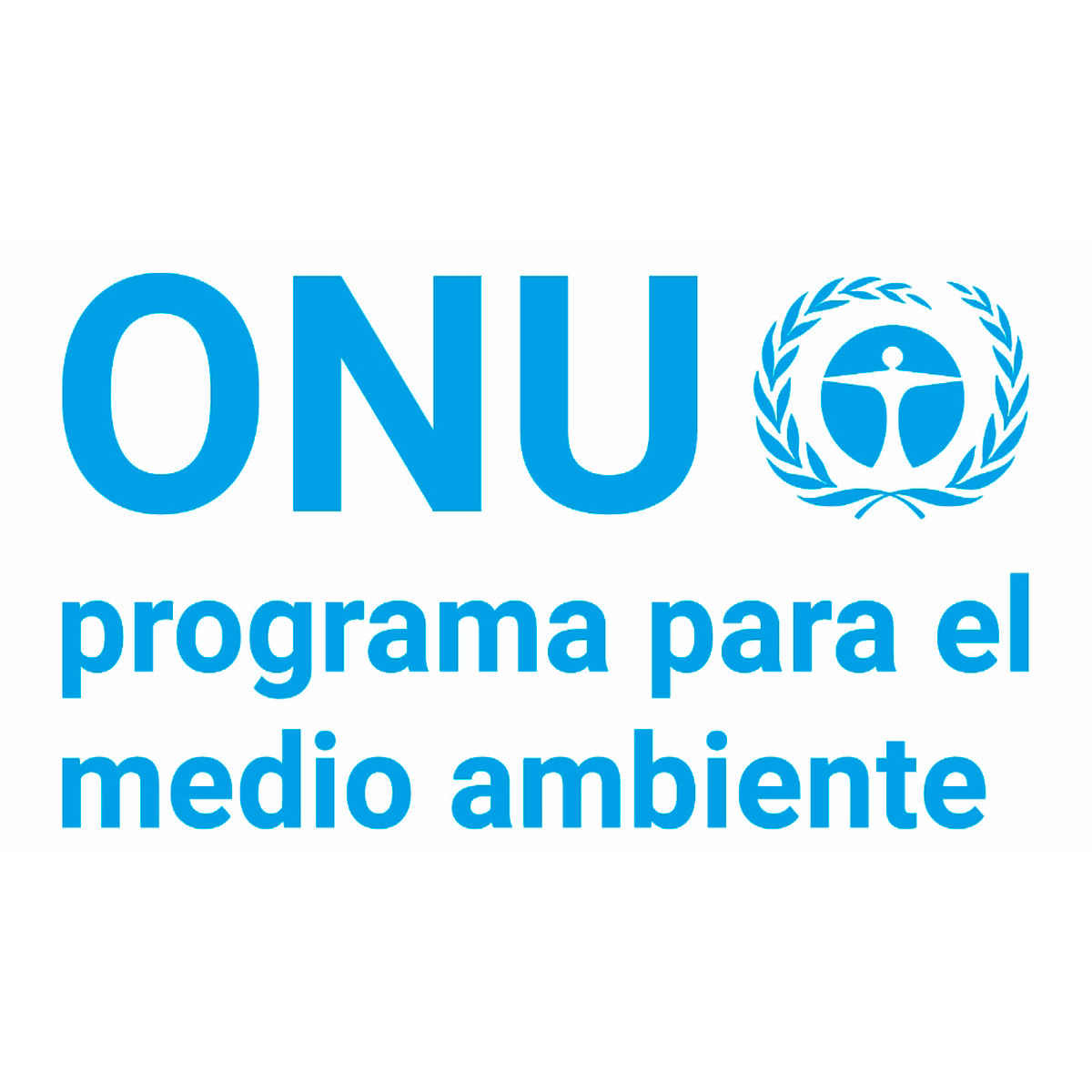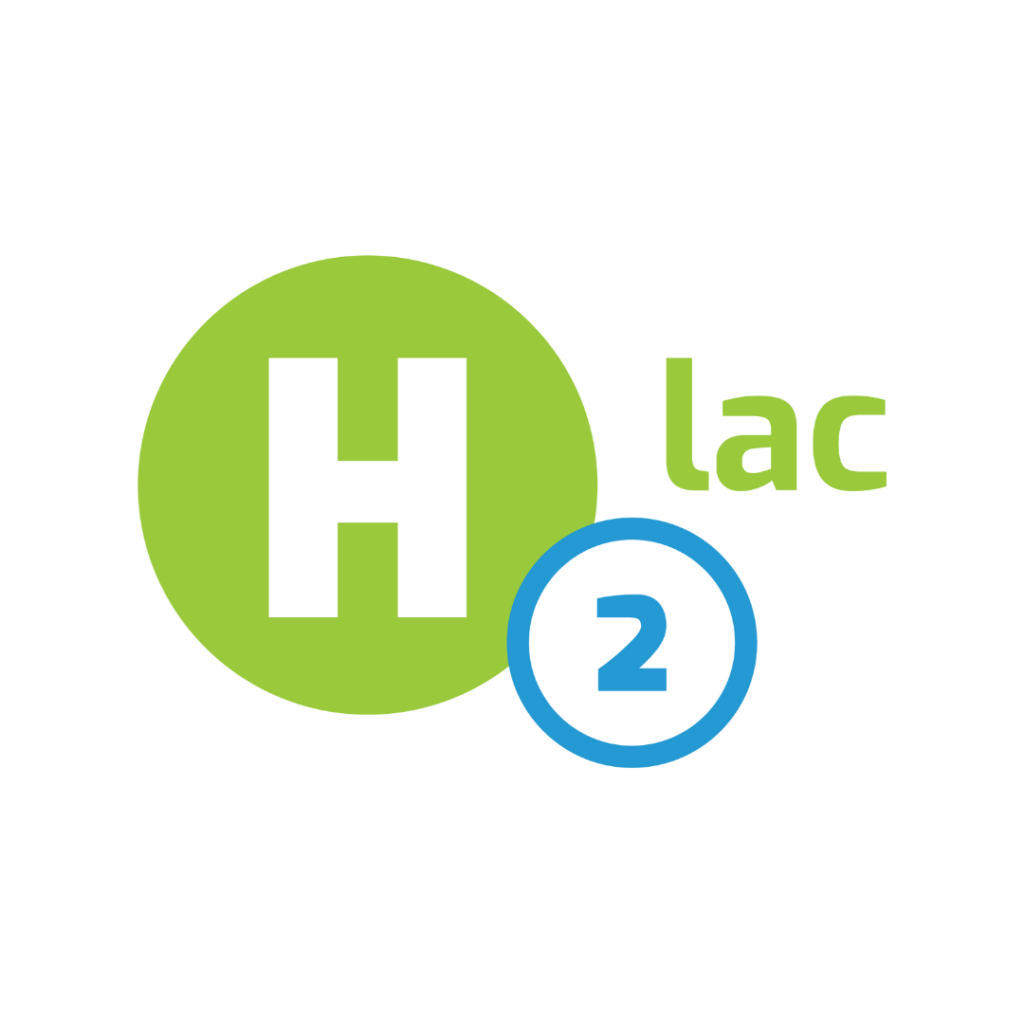La postulación está abierta hasta el 7 de junio de 2023.
El Programa de Naciones Unidas para el Medio Ambiente (UNEP) está buscando un consultor regional de hidrógeno para Honduras basado en Panamá para la implementación de un nuevo proyecto para el avance de la economía del hidrógeno verde en América Latina y el Caribe. Esta consultoría tiene como objetivo apoyar la implementación del proyecto de preparación del GCF «Avanzando en un enfoque regional para la economía verde del hidrógeno en América Latina y el Caribe» para Honduras. El consultor contribuirá a la implementación del grupo de trabajo nacional de hidrógeno verde, desarrollará informes nacionales de evaluación de referencia, incluyendo situaciones de referencia de las industrias que pueden beneficiarse del hidrógeno verde y las barreras y oportunidades para Honduras y evaluará diferentes proyectos de hidrógeno verde.
Conoce a continuación más detalles de esta oportunidad (en inglés dado que el idioma es un requisito del puesto).
The consultant shall coordinate actions with the project «Exchange of experiences and technical information on green hydrogen and geothermal energy between Honduras, El Salvador, Colombia and Germany» implemented by GIZ to create synergies and improve the efficiency of the results.
Output 1. Relevant country stakeholders have established adequate capacity, systems and networks to support the planning, programming and implementation of GCF-funded activities (outcome 1.3). The consultant will liaise with the relevant national actors (which may include executing entities, civil society organisations and the private sector), specifically women and indigenous groups, to create /strengthen the national interinstitutional working group for green hydrogen. The consultant is expected to prepare the documentation needed for the successful delivery of the meetings and be in constant communication with the leading entities of the government. The consultant is expected to work closely with the national inter-institutional working group to engage regionally with the other members of the Readiness project.
Activity 1.1 (1.3.A1) Show and share experiences and knowledge on hydrogen with the national inter-institutional working group on the hydrogen economy in Honduras.
1.1.1 Prepare at least two (2) presentations on green hydrogen generation capacity and its environmental implications.
Output 2. Develop or enhance strategic frameworks to address policy gaps, improve sectoral expertise, and enhance enabling environments (Outcome 2.2). The consultant, supported by the Hydrogen economy planning expert, will analyse the country’s opportunities towards green hydrogen and develop the national hydrogen strategy in coordination with the national decarbonisation goals. The consultant is expected to analyse, at least, the economic, energy and environmental sectors to guide the planning process. The consultant is expected to liaise with the leading entities in Honduras and the interinstitutional working group.
Activity 2.1 (2.2.A1) Conduct the national baseline study to assess the hydrogen production situation and possibilities.
2.1.1 Assess the potential for hydrogen production in the country, with the cost-effectiveness of the possible usage of green hydrogen. This study will analyse, at least, for production (geography, energy generation potential, and water availability)
2.1.2 Analyse the regulations, policies, and standards relevant to hydrogen production using the regulatory impact assessment (RIA) that supports decision-making with evidence on the advantages and disadvantages of alternative options in terms of their likely impacts on stakeholders and outcomes.
2.1.3 Identification of barriers to hydrogen production grouped by legal, financial, technological, market, innovation and social, including gender and indigenous groups approach.
Activity 2.2 (2.2.A2) Design and conduct, in collaboration with the local hydrogen energy economist consultant, at least one national workshop in close collaboration with the government, private sector entities (including the financial sector), academia, and civil society organisations to present the baseline information and convey it to public and private actors.
2.2.2 Draft the green hydrogen production section for the national hydrogen economy strategy based on the results of Activity 2.1, the workshop delivered in Activity 2.2, and the meetings held in Output 1.
Output 3. National coordination and engagement, communication and capacity building is strengthened (activity 4.2, and 4.3). Based on the information generated, the consultant will provide guidance to the government in deciding on a green hydrogen project in the country. The information generated will be shared with the GIZ team of the project «Exchange of experiences and technical information on green hydrogen and geothermal energy between Honduras, El Salvador, Colombia and Germany» to carry out feasibility studies.
3.1.1 Identify and assess all green and non-green hydrogen projects in Honduras including the main stakeholders involved, barriers to the deployment, financing structure and schemes and impact on the national emission reduction targets.
3.1.2 Selection of the project to be analysed, including the analysis of the national green hydrogen goals, national development plans, National Determined Contribution and other key documents and plans related to the expected impact of the green hydrogen project.
3.1.3 Definition and specifications of the project selected. Provide guindance to the government on the definition of key characteristics of the project, including by delivering meetings and interviews with key stakeholders.
The consultant will be responsible for the following:
• Collecting and processing the data necessary to develop the aforementioned studies.
• Conduct interviews or generate the necessary information for the development of the aforementioned studies.
• Create, promote and maintain relationships with the national public, private and civil society actors for their involvement in the project. Actively seek feedback from all sectors on the proposals to be created.
• Organise the logistics and content of the national workshops, with special attention to the appropriate involvement of all participants, considering the final objective of the workshop.
• Attend to the needs of the national authorities and provide technical advice when required, ensuring their active involvement in the proposals presented.
• Observe national interests and priorities in the formulation of proposals, studies and conclusions developed.
• Attend meetings, calls, and guidelines provided by the UN Environment Project Manager, the Regional Support Consultant, the Designated National Authority of Honduras to the Green Climate Fund, and the project’s technical advisory team.
• Comply with the deadlines stipulated by the UN Environment Project Manager.
• Attend and support the coordination process for the strengthening of civil society and private sector initiatives.
• Actively participate in the H2LAC community of practice by generating the content in coordination with the other national consultants and the regional coordinators.
• Encourage the participation and exchange of experiences and knowledge of government authorities, civil society and the private sector, promoting leadership on issues in which they have progress.
Activities
Activity 1.1.1
Activity 2.1.1
Activity 2.1.2
Activity 2.1.3
Activity 2.2.2
Activity 3.1.1
Activity 3.1.2
Activity 3.1.3
Products
Deliverable 1: Report on the two (2) technical presentations made to the national interagency working group.
Deliverable 2: One (1) green hydrogen national potential study, including i) a green hydrogen use, transformation, transport and commercialization, ii) a list of projects and iii) an assessment of the most cost-effective solutions.
Deliverable 3: One (1) green hydrogen regulation, policy and standard analysis based on the UN regulatory impact analysis (RIA)
Deliverable 4: One (1) green hydrogen production barrier analysis grouped by legal, financial, technological, market, innovation and social, including gender and indigenous groups approach
Deliverable 5: One (1) report on the hydrogen production section of the preliminary national green hydrogen strategy including i) strategic objectives and recommendations for the short, medium and long term, ii) linkages with the NDC, iii) gender and indigenous peoples approach and iv) an action plan to implement the proposed Strategy.
Deliverable 6: One (1) analysis on all the green and non-green hydrogen projects in the country including the main stakeholders involved, barriers to the deployment, financing structure and schemes and impact on the national emission reduction targets
Deliverable 7: One (1) information report of the selected project, including the analysis of the national green hydrogen goals, national development plans, National Determined Contribution and other key document and plans related to the expected impact of the green hydrogen project.
Deliverable 8: One (1) analysis on data and information of the selected project, including the definition of key characteristics such as energy generation capacity, hydrogen estimation production and /or usage, main assumptions, and estimated implementation plan.
Work Location
Home based, with periodic visits to the National Energy Secretary in Tegucigalpa, Honduras.
Expected duration
18 months
Duties and Responsibilities
The United Nations Environment Programme (UNEP) is the leading global environmental authority that sets the global environmental agenda, promotes the coherent implementation of the environmental dimension of sustainable development within the United Nations system and serves as an authoritative advocate for the global environment.
The UNEP Latin America and the Caribbean Office (LACO), located in Panama City, Panama, works closely with the 33 countries of the region and its activities are integrated into the Medium-Term Strategy and the Programme of Work approved by the United Nations Environment Assembly (UNEA).
The green hydrogen generation technical potential in Latin America and the Caribbean is significant, estimated at 1,114 EJ of green hydrogen produced at a cost under USD 1.5/kg by 205015. Therefore, green hydrogen can be produced using the clean and renewable energy sources available in the region.
Beyond the potential for its production, using hydrogen as an energy source can also result in a myriad of benefits for the region. The transport sector is the highest consumer of fossil fuels and the leading source of fossil-fuel-related GHG emissions (15% of all regional GHG emissions in 2018). Diesel and gasoline are the main fuels used in transport, accounting for 83% of the total energy use. Hydrogen can be used for all transportation electrification, fuel cell electric cars, trucks, buses, forklifts, ferries and ships, and aircraft. Globally, some 8,000 fuel-cell electric vehicles (FCEVs) were sold in 2020.
The project, «Advancing a Regional Approach to the Green Hydrogen Economy in Latin America and the Caribbean» aims to create the right conditions to promote the hydrogen economy through the exchange of experiences at a regional level, ending with the preparation of i) national strategic planning and ii= funding proposals that could be submitted to the GCF and other international financial sources This project is being implemented in 7 countries in parallel.
In this sense, it is required to hire a Hydrogen energy consultant to develop the results, explained below.
The consultant will work from home based, with periodic visits to the National Energy Secretary in Tegucigalpa, Honduras., and will be supervised by the UNEP Programme Manager for Energy Efficiency for Latin America and the Caribbean.
Qualifications/special skills
ACADEMIC:
– A Bachelor’s Degree in engineering, energy or a closely related field is required.
– A Master’s degree in a relevant field in engineering, energy, transport, public policy or in another relevant field is desired.
PROFESSIONAL:
– A minimum of four (4) years of relevant work experience in statistics, policy or energy economics in the region.
– Experience in the energy sector in Honduras is an asset.
– Experience working and collaborating as an international consultant in a relevant field is an asset.
– Experience working with public institutions and inter-institutional work of relevant sectors in the country is an asset.
– Experience in project formulation and concept notes for the energy sector is an asset.
LANGUAGE:
– Fluency in Spanish is required.
– Fluency in English is required.
SPECIAL KNOWLEDGE AND SKILLS:
– Demonstrates integrity and ethical standards.
– Mature judgment and initiative.
– Absolute commitment to confidentiality.
– Ability to work independently; take the initiative to judge priorities and organise work accordingly.
– Intermediate knowledge and ability to use the set of standard applications (MS Office).
– Strong interpersonal skills and highly developed cultural sensitivity to communicate with all levels of staff and external clients, both orally and in writing.
– Excellent organisational skills, ability to perform multiple tasks and attention to detail, initiative and independence.
– Ability to innovate, combining methodological approaches and data from various levels and
disciplines including economics, finance, development, and mitigation.

